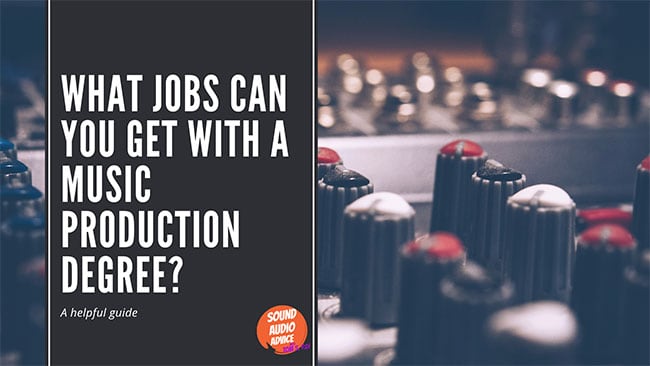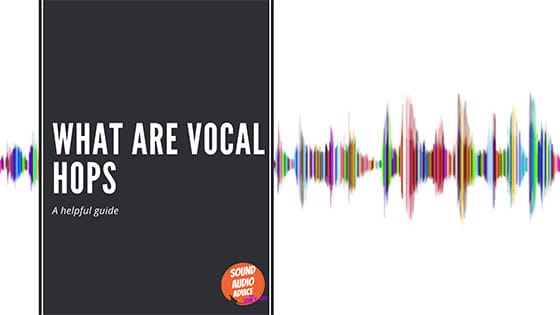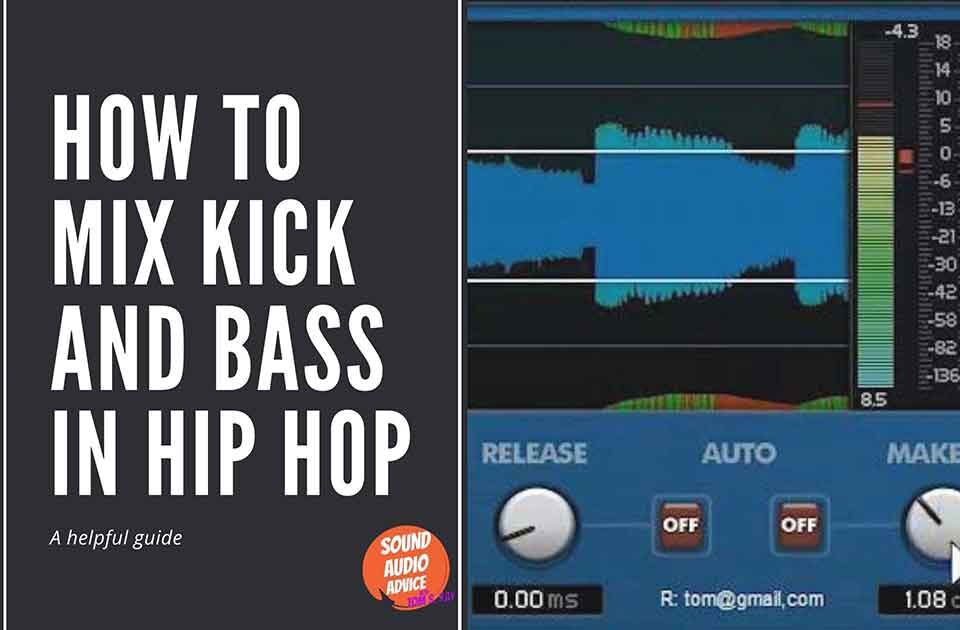
How to record a harp the easy way. Mic and record harp.
January 15, 2023
Are Chromebooks good for music production?
January 28, 2023What jobs can I get with a music production degree?
If you are starting out or have already finished your music production course, you probably wonder what jobs you can get with a music production degree.
Luckily, I, too, have a music production degree from Kingston University in London and can tell you first-hand what’s available for you in each sector of the music industry.
From the recording studio to editing and syncing the music to sound designer’s role and more.
In this article, I’ll walk you through the following:
- studio careers available after studying music production
- careers in business after finishing music schools
- Hands-on music tech job opportunities
- Live sound opportunities
I’ll also put a small description under each career so you can better get your head around it.
Table of contents
- What jobs can I get with a music production degree?
- When to start a music production career?
- Studio careers in music production - recording engineer, sound editor, studio manager, mixing engineer, mastering engineer.
- Music business careers in music production - music supervisor, music production company owner, music licensing specialist, music equipment sales person
- Music Technology Careers in music production - music software developer, sound designer, music app developer, music technology consultant
- Live event careers in music production - live sound engineer, production manager, event coordinator, music festival production staff
- How to get start your career in music production
When to start a music production career?
Talking from first-hand experience, it’s never too early to start thinking about your career. Even if you just started your music education, have your ears and eyes open for opportunities.
Many of my colleagues found top music production jobs while still studying.
By being active, helpful and always saying yes to various projects, you make yourself available and try and taste different angles of music production.
You’ll never know if you like it if you don’t try it.
When I started my audio engineering education, in my first year, I did a lot of live sound gigs.
It was a lot of fun, it brought me a decent income from the jobs I was getting outside of my Uni, but it was more of a seasonal work (Edinburgh Fringe Festival was a big one, but it only lasted for a month in August).
Then, in my 2nd year, I thought I’d really like the recording.
So I recorded bands after the classes finished, often 4/5 times a week.
At the end of that year, I clocked in over 220 hours of recording (more than my entire class combined haha) and I knew…
It wasn’t for me.
So next year, I tried another thing and then another.
Until I finally ended up on audio mastering (12 years in and still loving it 🙂
So it’s never too early, and it’s never too late to try and test yourself and see what you’ll like.
Let’s start with studio careers.
Studio careers in music production - recording engineer, sound editor, studio manager, mixing engineer, mastering engineer.
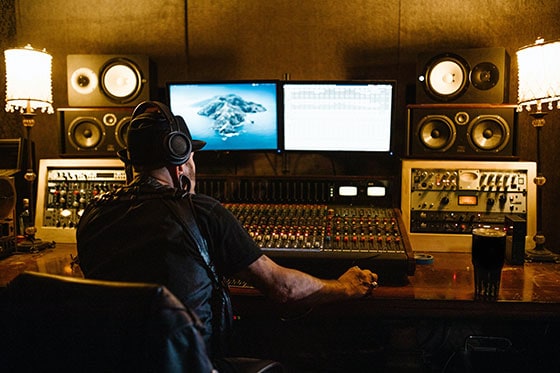
Studio jobs are mostly what you’d look for, I guess. Most of the sound production courses focus on studio work.
It’s definitely an exciting field, but there aren’t many jobs here.
You’ll be mostly forced to pave your way.
Earn as a self-employed or freelance engineer.
The most significant barrier to entry is the equipment and space.
If you can afford to get your own space (or maybe share it with your friends) and equip it with some decent gear, you can definitely start here.
It’s not the easiest path, but those are the roles available :
Recording engineer
Recording engineers are the sonic architects behind any great piece of audio. From selecting and positioning microphones to balancing levels through mixing desks, compressors and equalizers, they have an intimate knowledge for crafting sound that will help bring your creative vision alive
Sound editor
As a sound editor, you’d be in charge of making the audio tracks shine – from trimming and tidying to perfectly syncing music. Your expertise ensures sessions are organized for easy access and flow seamlessly!
Studio manager or owner
Studio managers are the behind-the-scenes facilitators of a studio’s success.
They manage staff and keep things running smoothly on both short term and long term scales, making sure budgets stay in check while meeting client needs with optimal technical support.
Without them, studios would be unable to consistently produce great works sustainably!
Mixing engineer
Mixing engineers are essential to the music-making process, bringing a unique level of creativity and technical expertise.
Through their use of EQs, compressors and other specialized equipment they add depth to each track while ensuring tonal balance as well as dynamic control – all critical components in achieving a successful mix that can stand up on its own prior to mastering.
Mastering engineer
The mastering engineer is responsible for achieving the best sound out of the mix.
The mastering engineer is the last stop in a post-production chain, and he’s also responsible for delivering various formats ready for manufacturing and digital distribution.
Music business careers in music production - music supervisor, music production company owner, music licensing specialist, music equipment sales person

You don’t really have to have a music degree to get into any of the roles listed below.
After completing your music education, the advantage of getting a position like this is that the degree will give you a decent overview of the requirements and possibly the first few contacts.
Those are hands-on roles, but you don’t have to love sound recording to make things work.
A lot of the knowledge you’ll need can be found in books and on the web, so you won’t need your bachelor’s degree here to start.
These are career opportunities in the music business:
Music supervisor for film, TV, and video games
Music supervisors are the unsung heroes of content creation. They meticulously select and obtain rights to melodic gems that perfectly capture the essence, emotion, and atmosphere necessary for a project’s success.
Through their skillset in music curation combined with negotiation savvy, they can ensure projects have an unforgettable soundtrack!
Music licensing and clearance specialist
A music licensing specialist is a key figure in the world of entertainment and media. They work with copyright holders, labels, and publishers to secure permission for content creators and producers to use copyrighted music across TV, radio, movies or live events.
Without them on board ensuring legal compliance at every step along the way; any form of creative production could be brought into question – making these specialists invaluable for protecting their clients’ interests!
Music production company owner or executive
Music production companies act as the lifeblood of music creation, allowing songwriters, musicians and singers to create memorable audio experiences.
They not only produce beautiful sounds but also put their clients in a great position for success by overseeing marketing services including promotion and distribution.
Music distribution and promotion specialist
Music distribution specialists are the gatekeepers of today’s music culture, taking charge to ensure fans can easily access and enjoy their favorite artists.
They’re responsible for creating promotional strategies that spread awareness as well as executing deals with labels, retailers, and streaming services so any fan can listen in whenever they want!
Music equipment sales and service
As a music equipment salesperson, you’re the go-to expert for high quality audio and musical equipment! Your customers will count on your expertise to help them make informed decisions. Through demonstrating each product’s features and benefits, you can provide an outstanding customer experience that leaves everyone feeling satisfied with their purchase.
Music Technology Careers in music production - music software developer, sound designer, music app developer, music technology consultant
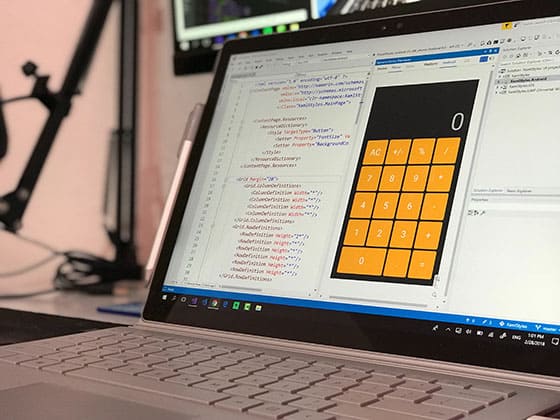
This category is where your degree programs come in very handy.
I know many Colleges and Universities now change their curriculum to accommodate more software-developing approaches.
Sound designers are very sought after right now.
If you think about how video games are getting more and more popular each year, this path, in particular, can really be an exciting career.
The same goes for music software and app development.
Pay attention in your dev class.
Volunteer for side projects.
Practise at home, and you’re looking at a very lucrative music career.
Top jobs in music technology include:
Music software developer or programmer
A successful music software developer requires a diverse set of skills, from audio engineering and sound synthesis to coding in multiple programming languages.
To gain the necessary expertise they must be knowledgeable with web technologies such as HTML5, CSS3, JavaScript, AJAX— just as familiarly as C++ or Java —and have an understanding of digital signal processing algorithms for crafting dynamic musical experiences.
Sound designer
A music software developer’s role is essential for any project, from the inception of an idea to soundwaves reaching your speakers and everything in between.
Expertise in audio engineering principles, sound synthesis techniques, and digital signal processing algorithms are key components that ensure a successful outcome of each unique development process.
Music app developer
Music app developers are responsible for crafting user-friendly experiences through the development and launch of mobile music applications like streaming services, audio players, and production tools.
With expertise in programming languages with regards to various platforms they must be able to create optimal products while troubleshooting any arising issues after their release.
Such professionals possess a deep knowledge on individual platform capabilities that help them deliver outstanding outcomes each time!
Music technology consultant
A music technology consultant is an invaluable resource for anyone looking to enhance their operations with the latest and greatest in music technologies.
With specialized knowledge, they work with clients to assess needs, develop strategies and implement solutions that maximize efficiency while increasing overall profitability.
This makes them essential partners on any journey towards a more successful future!
Live event careers in music production - live sound engineer, production manager, event coordinator, music festival production staff

Live audio jobs are one of the oldest and the most popular fields in music production.
Due to the number of live gigs, the music industry will always need a technician or live recording engineer.
The essential skill of a live sound technician is..
To get along with musicians.
That’s right.
If you can’t communicate, put artists on easy and, in many cases, deal with in-patient artists, this might not be your best choice.
It’s crucial to be a good communicator, be patient and, obviously, have the technical know-how
Those are the options available for those considering a live sound career:
Live sound engineer
Live sound engineers are the unsung heroes of any gig, being responsible for setting up and maintaining all audio-related gear to ensure a successful show.
They have their work cut out for them as they need to be able to think on their feet so that if technical issues arise during performance, they can quickly trouble shoot solutions in order create an enjoyable listening experience!
Production manager
Being a production manager in the music industry can require juggling many tasks at once.
Not only must budgets be kept and rehearsals scheduled, but also performers coordinated with crew members to make sure that every aspect of musical productions run like clockwork! It’s no small feat – so kudos if you are up for this challenge.
Event production coordination
Event production coordinators are the unsung heroes of large-scale events.
Responsible for everything from budgeting to finding a venue and hiring vendors, they manage all aspects necessary for executing an incredible event experience.
Additionally, these professionals ensure that every detail is in order when it comes to audio/visual equipment setup and catering services – taking away stress so hosts can enjoy the big day!
Music festival or concert production
Event specialists are the backbone of successful events – taking care of everything from booking acts and securing venues, to making sure safety regulations are followed.
They have a knack for managing budgets while assembling all pieces together that help create an incredible event experience!
How to get start your career in music production
It doesn’t matter if you choose to be a music producer or studio engineer; focus on software development of digital audio, live music or managing bands.
The best time to start is today.
The music industry never sleeps.
Most industry professionals will tell you the same thing:
Be open to every opportunity.
You never know which path will open the door to becoming successful, so you have to try as many as possible early.
Talk to your lecturers. They will always be more than happy to help students.
Read everything you can about recording technology, game audio, music history or music performance.
Approach to music education and music programs must be active, and you are responsible for keeping opportunities coming your way.
I hope that was helpful.
If you’d like to ask me any questions, please feel free to drop me a message.
Thanks for reading, and good luck!
Tom
I’m Tom S. Ray and I’m head mastering engineer at Audio Unity Group. I also hold a bachelor with honours degree in music from Kingston University in London, I lecture mastering to students in Edinburgh College and to my online students via my Mastering Mastery audio mastering online course.

